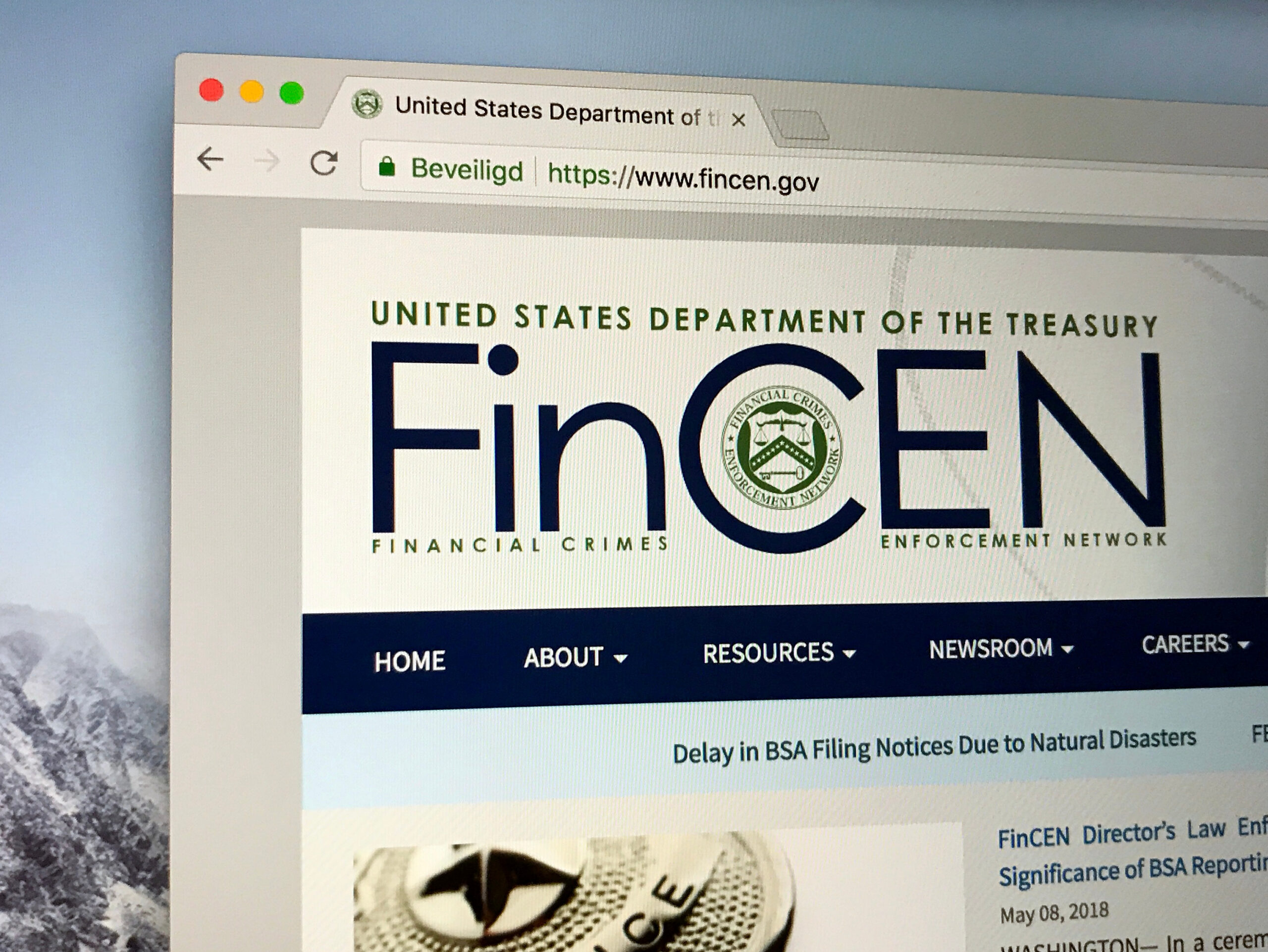On 7/24/24, FinCEN updated its BOI FAQs page to include one new question and one new update. FinCEN states that it will continue to provide guidance on how to submit beneficial ownership information; including updating the FinCEN BOI FAQs 7/24/24. FinCEN continues to provide further directive and information via the FinCEN BOI FAQs web page. This is why it is important to keep up and stay informed with the FinCEN BOI FAQs. The FinCEN BOI FAQs 7/24/24 address the topics related to disregarded companies and tax I.D. numbers. The last update to FinCEN’s BOI FAQs page was on 7/8/24.
Here are the 2 extracts from the new FinCEN BOI FAQs 7/24/24:
- 13. What type of tax identification number should be reported by a reporting company that is disregarded for U.S. tax purposes?
An entity that is disregarded for U.S. tax purposes—a “disregarded entity”—is not treated as an entity separate from its owner for U.S. tax purposes. Instead of a disregarded entity being taxed separately, the entity’s owner reports the entity’s income and deductions as part of the owner’s federal tax return.
A disregarded entity must report beneficial ownership information (BOI) to FinCEN if it is a reporting company. Such a reporting company must provide one of the following types of taxpayer identification numbers (TINs) on its BOI report if it has been issued a TIN: an Employer Identification Number (EIN); a Social Security Number (SSN); or an Individual Taxpayer Identification Number (ITIN). If a foreign reporting company has not been issued a TIN, it must provide a tax identification number issued by a foreign jurisdiction and the name of that jurisdiction.
Consistent with rules of the Internal Revenue Service (IRS) regarding the use of TINs, different types of tax identification numbers may be reported for disregarded entities under different circumstances:
- If the disregarded entity has its own EIN, it may report that EIN as its TIN. If the disregarded entity does not have an EIN, it is not required to obtain one to meet its BOI reporting requirements so long as it can instead provide another type of TIN or, if a foreign reporting company not issued a TIN, a tax identification number issued by a foreign jurisdiction and the name of that jurisdiction.
- If the disregarded entity is a single-member limited liability company (LLC) or otherwise has only one owner that is an individual with an SSN or ITIN, the disregarded entity may report that individual’s SSN or ITIN as its TIN.
- If the disregarded entity is owned by a U.S. entity that has an EIN, the disregarded entity may report that other entity’s EIN as its TIN.
- If the disregarded entity is owned by another disregarded entity or a chain of disregarded entities, the disregarded entity may report the TIN of the first owner up the chain of disregarded entities that has a TIN as its TIN.
Note that a disregarded entity that is a reporting company must report one of these tax identification numbers when reporting beneficial ownership information to FinCEN.
- 3. How can I obtain a tax identification number for a new company quickly so that I can file an initial beneficial ownership information report on time?
A reporting company must provide one of the following types of taxpayer identification numbers (TINs) on its BOI report if it has been issued a TIN: an Employer Identification Number (EIN); a Social Security Number (SSN); or an Individual Taxpayer Identification Number (ITIN). If a foreign reporting company has not been issued a TIN, it must provide a tax identification number issued by a foreign jurisdiction and the name of that jurisdiction.
The Internal Revenue Service (IRS) offers a free online application for an EIN, which is provided immediately upon submission of the application. For more information, see “Taxpayer Identification Numbers (TIN)” at IRS.gov (https://www.irs.gov/individuals/international-taxpayers/taxpayer-identification-numbers-tin ).
For more information on Employer Identification Numbers specifically, and to access the EIN online application, see “Apply for an Employer Identification Number (EIN) Online” at IRS.gov (https://www.irs.gov/businesses/small-businesses-self-employed/apply-for-an-employer-identification-number-ein-online .
Most reporting companies should be able to use the EIN online application to apply for their EIN. However, there may be situations where a reporting company needs to file a Form SS-4, Application for Employer Identification Number (https://www.irs.gov/pub/irs-pdf/fss4.pdf , in order to obtain an EIN. In particular, if the responsible party for the applicant is a foreign person that does not have an SSN or ITIN, they will not be able to use the online application portal. For information about completing and submitting the Form SS-4 by mail for fax, see the Instructions to Form SS-4 (https://www.irs.gov/instructions/iss4 .
For Forms SS-4 submitted by fax, applicants should generally receive their EIN in four business days. For Forms SS-4 submitted by mail, applicants should receive their EIN in four to five weeks. However, in some circumstances, it may take six to eight weeks to receive an EIN. Thus, in some limited circumstances, a reporting company with no other tax identification number may not be able to obtain its EIN by its BOI report filing deadline.
A reporting company must report its tax identification number when reporting beneficial ownership information to FinCEN and, indeed, will be unable to submit its BOI report without including a tax identification number. In such circumstances, in addition to making all reasonable efforts to file its BOI report in a timely manner (including requesting all necessary information as early as practicable), the reporting company should file its report as soon as it receives its EIN. As a best practice, the reporting company may consider retaining documentation associated with its efforts to comply with the BOI reporting requirements in a timely manner.
Do the FinCEN BOI FAQs 7/24/24 provide more clarity regarding your reporting requirements?
Do the FinCEN BOI FAQs 7/24/24 demonstrate that you ought to consider working with a Corporate Governance advisor?
Who is your Corporate Governance Expert? ©


